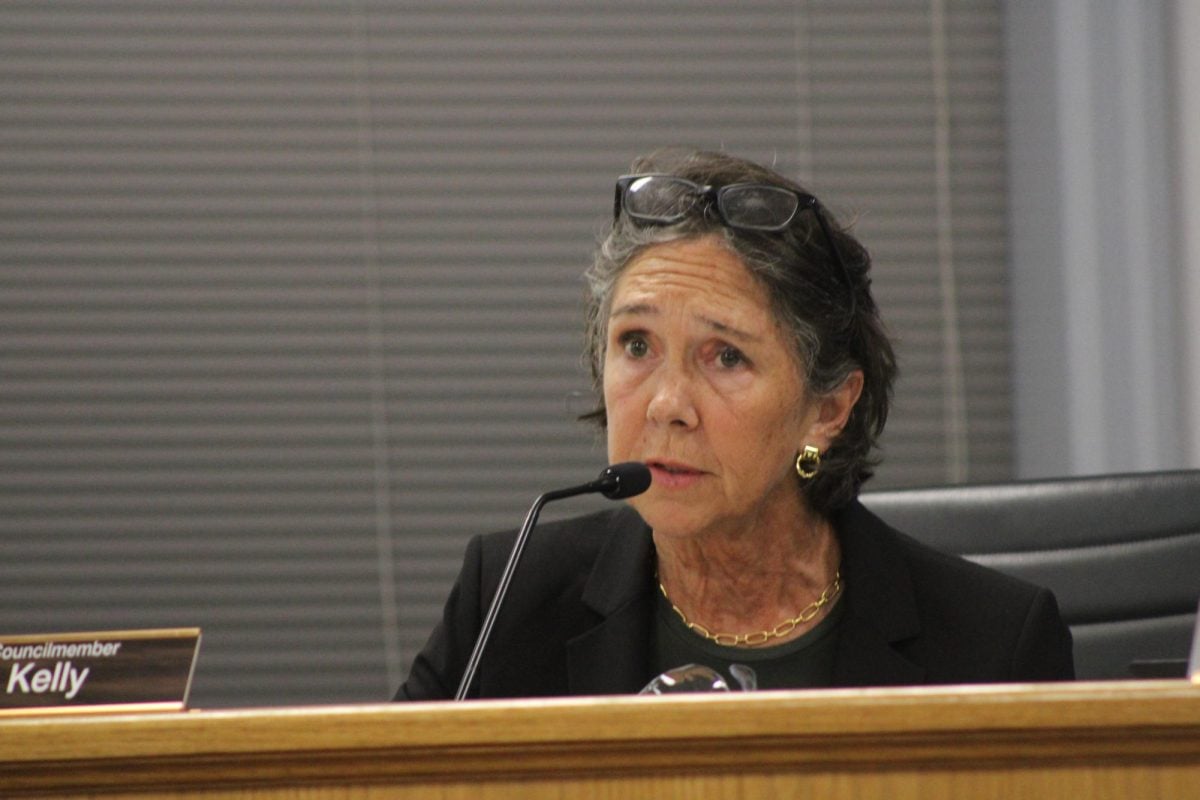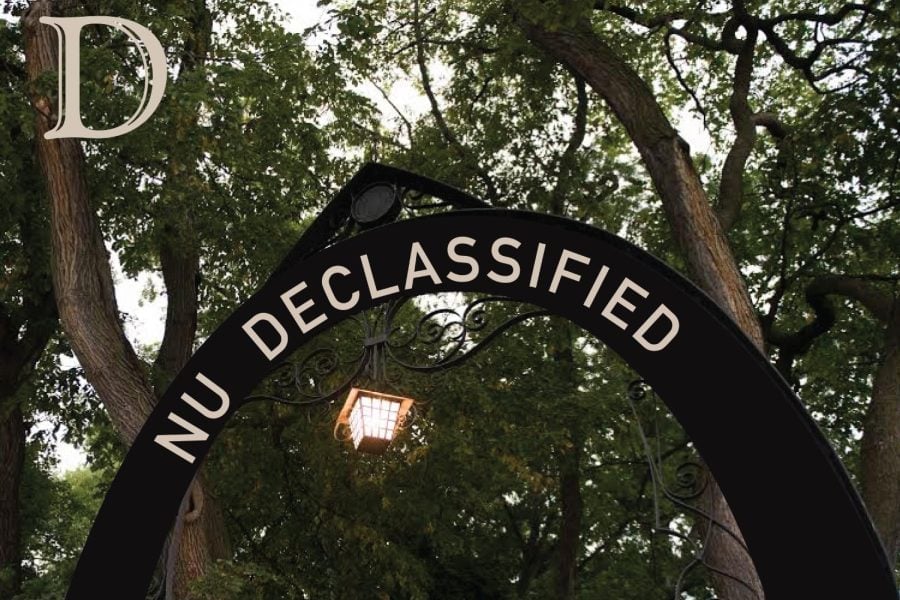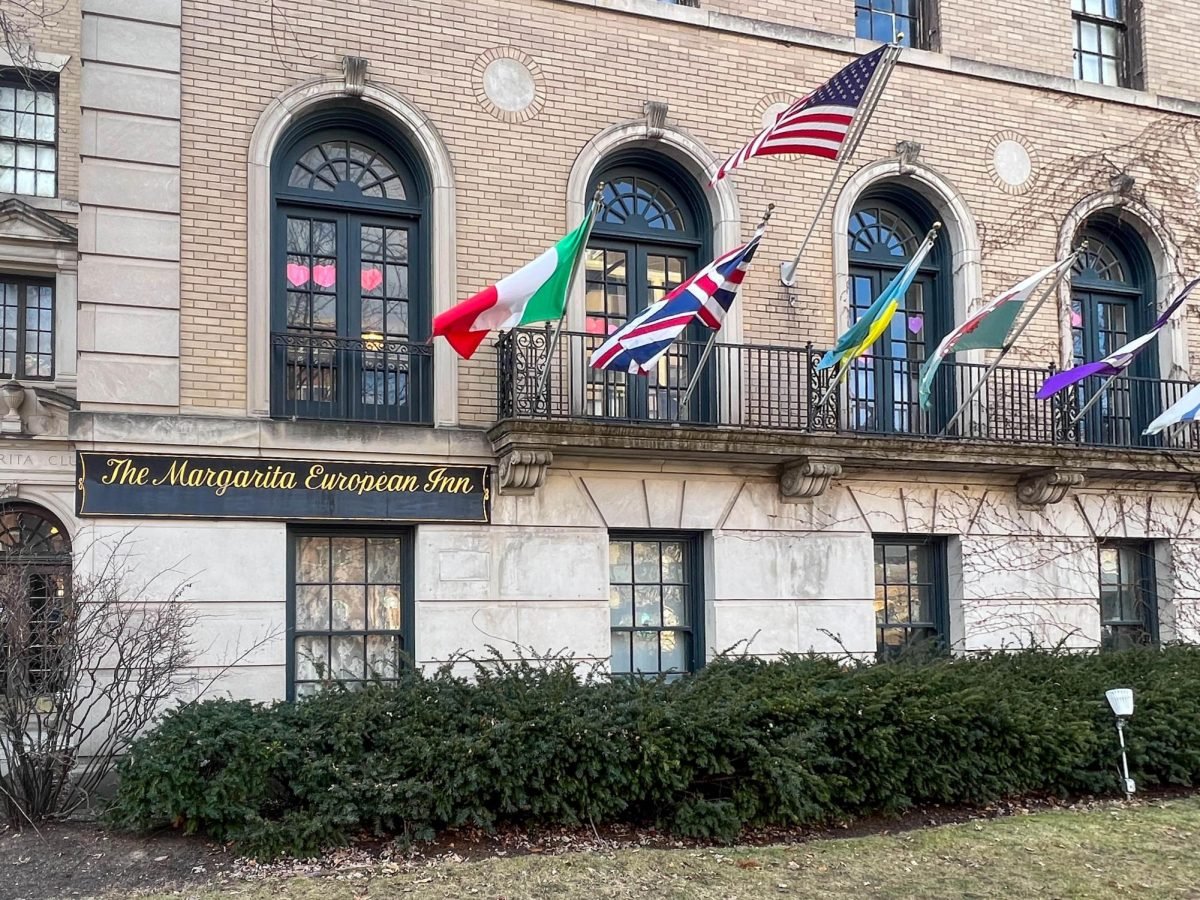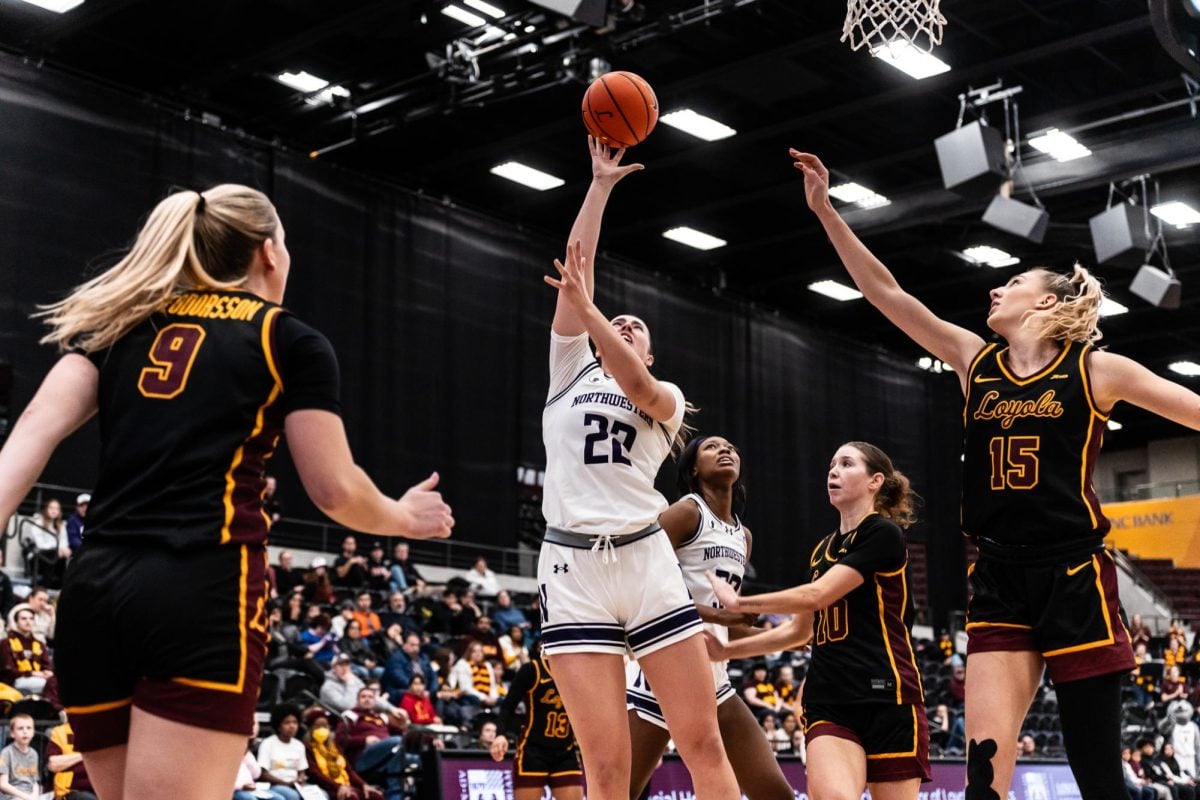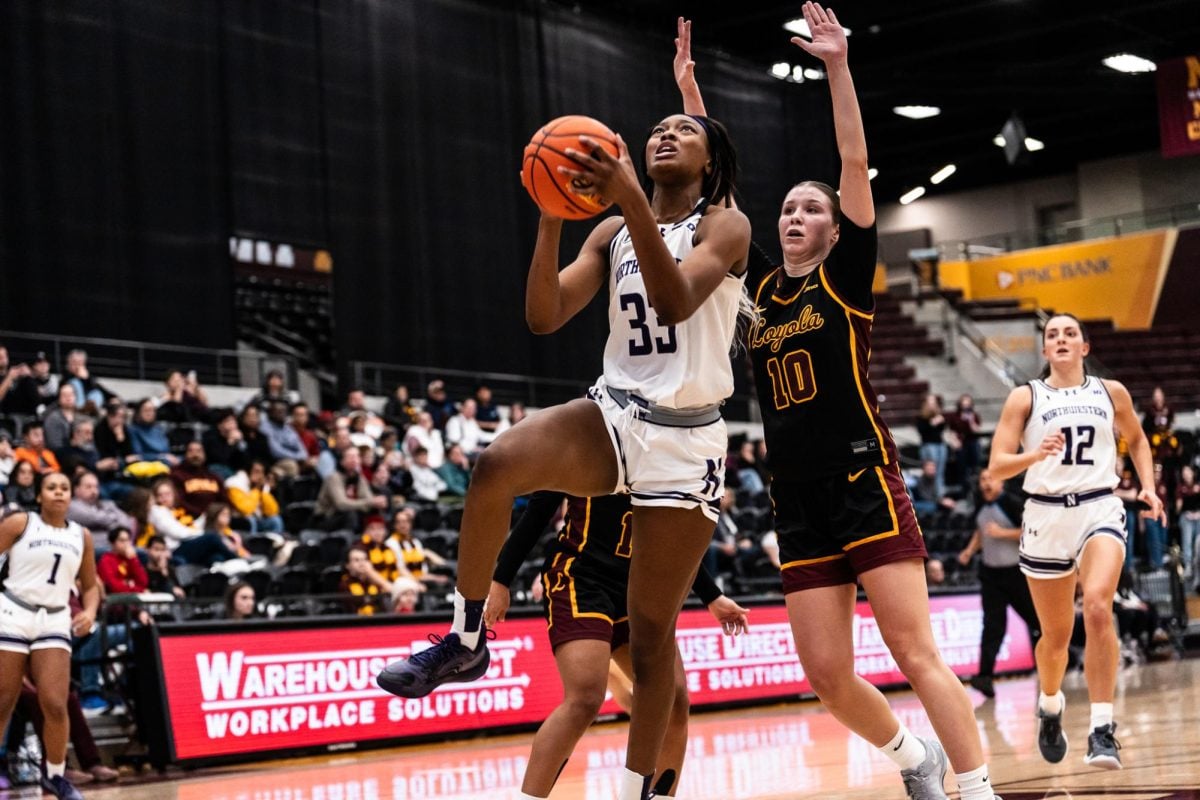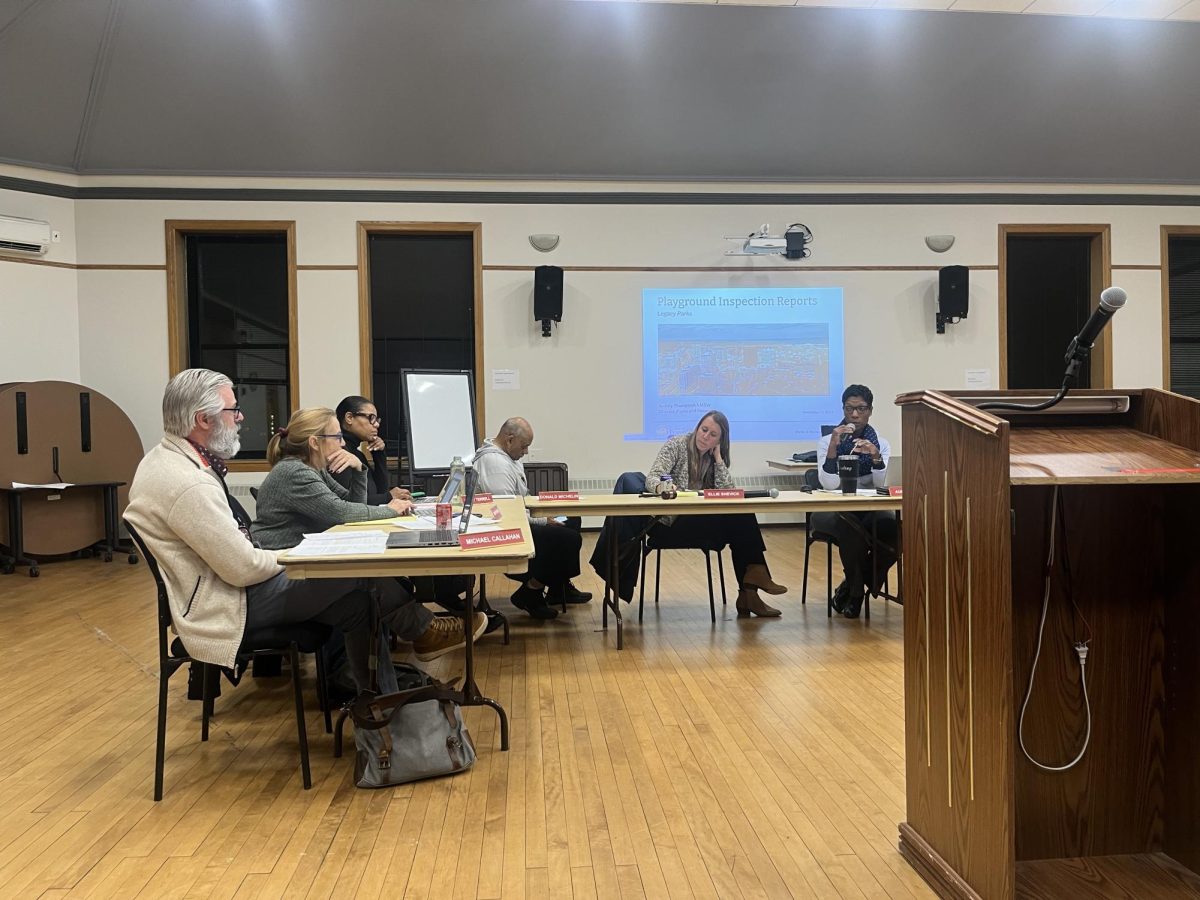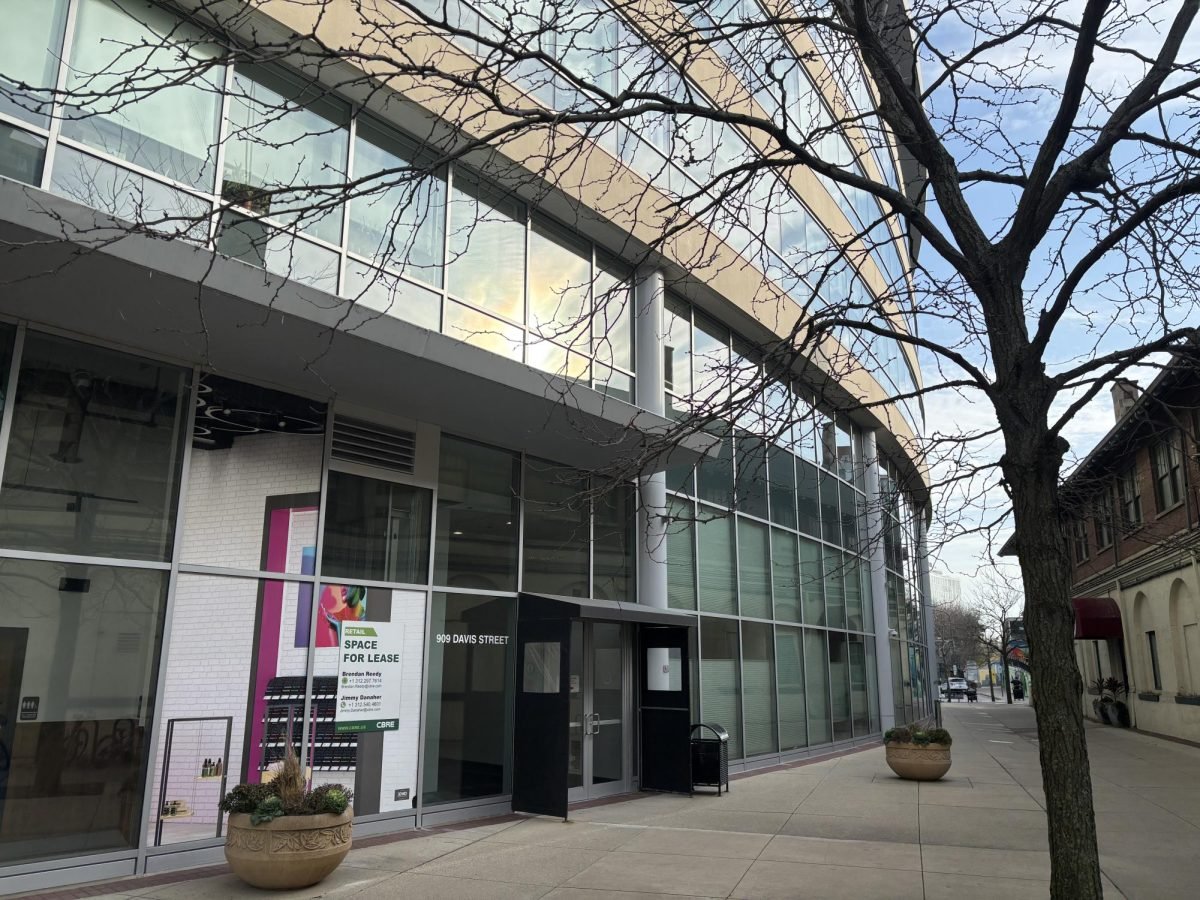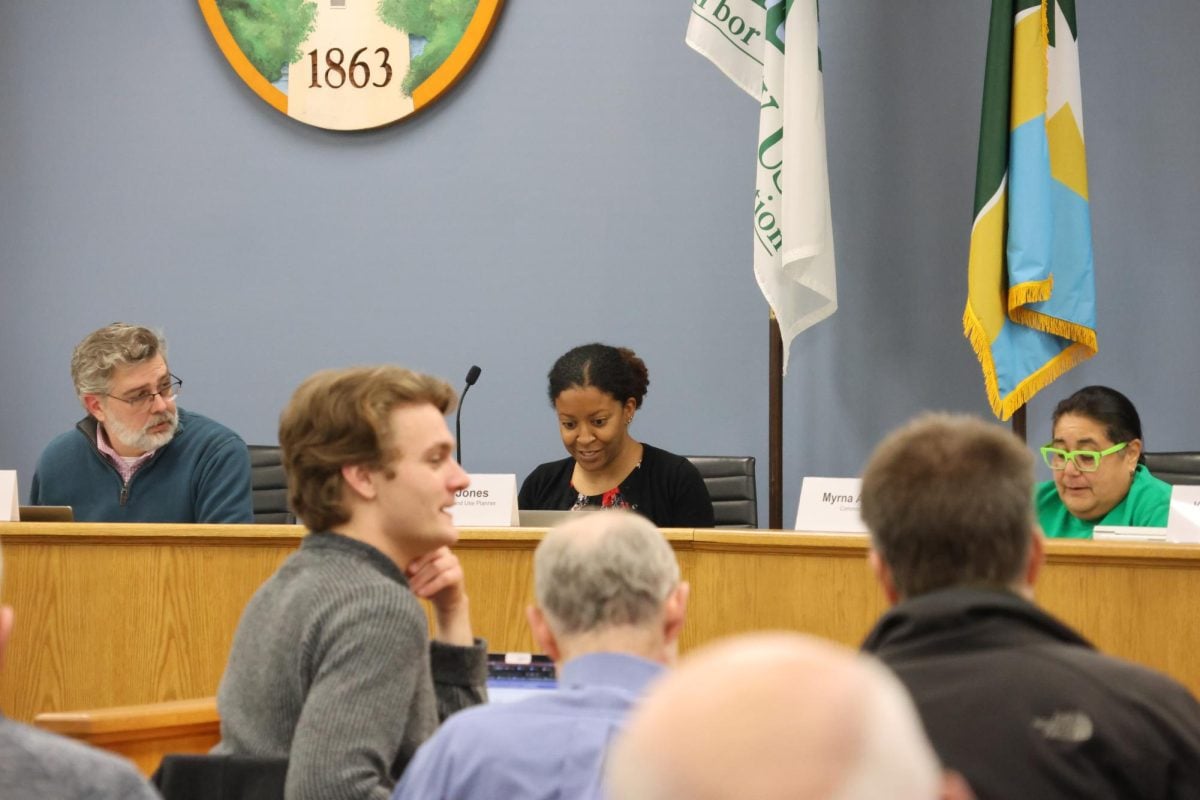City Council unanimously voted to introduce two ordinances proposing rental registration and inspection fee increases Monday, referring them to the Planning and Development Committee before they come back to the council in two weeks.
The changes, included in the “Menu of Options” to assist in balancing the FY 2025 budget would help cover the costs of providing inspection services for rentals, said Director of Community Development Sarah Flax.
“It’s very important that you discuss these types of things with the landlords,” local landlord Tina Payton said during public comment, before the ordinances were introduced. “Because what ultimately happens when you impose fees and don’t discuss it, then we just hand it over to the tenant.”
Following up on Payton’s comment, Ald. Clare Kelly (1st) asked if there had been any outreach to local landlords or if that could happen in the next few weeks. Flax said there hadn’t been any yet.
Though the proposed changes would increase fees for all landlords, Flax clarified that they would also restructure fees to be more equitable based on the number of units per address.
Currently, the annual renewal registration fee is $20 for a single unit and rises to $500 for properties with 100 or more units, meaning large landowners pay less per unit. This structure disproportionately impacts smaller buildings that are more likely to be owned by local landlords, who provide most of the affordable and better maintained housing, Flax said.
The first ordinance proposes a flat $100 annual renewal fee per address rather than the $20 fee per unit. Flax said though this might seem counterintuitive to helping smaller landowners, the disproportion would be offset by changes in inspection fees.
Instead of inspecting all units without fees on a routine schedule, as the city does now, the frequency of inspections, now $40 per unit, would be based on the number of violations a unit has. The changes would focus staffing resources on inspecting more problematic buildings and reward the smaller, local landlords who keep their properties well-maintained, Flax said.
If there are no violations, a property won’t be reinspected for five years, Flax said. Smaller problems would be reinspected in three years and larger ones the following year.
The second ordinance would raise the annual registration and initial inspection fees for vacant properties each by $50, also to cover the costs of inspection services.
Kelly said she supports anything that would encourage more local ownership of rental units, particularly affordable ones.
Ald. Devon Reid (8th) suggested taking the ordinances back to Planning and Development to discuss changing the fees to ensure smaller landlords pay less than larger landlords. Flax clarified that the addition of the inspection fees themselves wasn’t biased toward any size landlord and was just to cover the costs of inspection.
“I find it much easier to figure out how to maybe look at reducing the registration fees for small landlords and local landlords,” Flax said.
Reid then motioned to introduce both ordinances individually and refer them to the Planning and Development Committee, which passed unanimously. The ordinances will appear on the Planning and Development agenda for Dec. 9 and come back for action in two weeks, Mayor Daniel Biss said.
“Folks seem to really care about this, which is great — I think it’s important,” Biss said. “I’d recommend for folks of specific visions for how this goes to engage with staff and constituents and stakeholders between now and two weeks from now, because this is a complicated issue.”
Email: [email protected]
X: @NaomiTaxay
Related Stories:
— City Council passes $395 million budget with no property tax increase
— City Council approves financial assistance for small and medium rental providers
— Planning and Development Housing Subcommittee debates rental licensing
